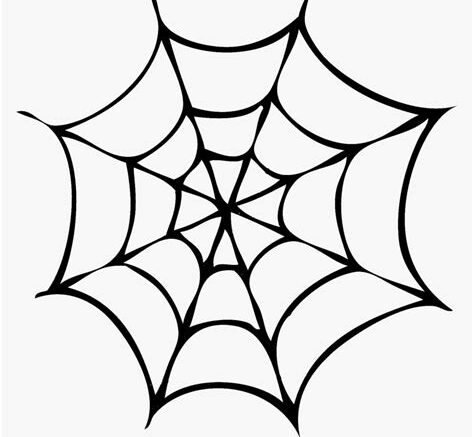Many of our followers, no matter how long they’ve been part of JONAH, aren’t familiar with our organizing techniques and terminology simply because we don’t talk about them enough. This section of our JONAH Journal will hold short snippets to help you understand more about our organizing model.
Power is a fundamental part of our organizing model. It is a word that comes with many uncomfortable connotations because of how power can be (and has been) misused. This article will strip away what power is NOT in order to leave behind something that you will find yourself seeking.
By definition, power means “the ability to act”.
In order for someone to create the world they want, by bringing their values into the world, they need the ability to do something. Many members of communities feel they don’t have the ability to do anything to impact their life or community.
Individual power is a birth right of every human. Whether you believe it comes from a God or that it is simply inherent, that capacity is there. Our goal in JONAH is to remind people what society and life have stripped away: that our power lies inside, in our hearts, in the values we hold. The passion and care we have for others is our superpower, and this passion and care is where the motivation to act comes from. Because the ability to take that action can require more effort depending on how much a person has been oppressed, it needs to be supported.
To create this ability to act, a person needs resources around them in order for the influence to take place.
In JONAH, we are trying to create a community that works better for all. So, we organize people and we organize money around our values to establish COLLECTIVE POWER, which means including many people’s voices, recognizing that all of them have their own power.
This power is different than what many of us think when we think about power. We typically think of power as individuals or corporations with wealth and authority, or we think of a top-down hierarchy, in which power is used OVER people to benefit the one using the power. And that is a version of power, but the difference between that way of exercising power from how JONAH uses the power of people is in the underlying value behind the use – from a different internal place, for a greater purpose of all, and including more voices This may be a very different model from how you think about the word power.
In JONAH, we are building a non-hierarchical model of power; one which is circular, not top-down. We are also working to put power back into EVERYONE’s own hands so that they may act (remember that we define power as “the ability to act”). Too many people in our communities, whether by perception or force, do not have power over their own lives, are pushed out, and/or are unable to see possibility or access resources that would enable them to take action to create a better life for themselves. By building value-based, collective power, we are working to restore power for ALL. This in the very least looks like access to needed resources in order to thrive.
This kind of power is like a spider’s web – stronger because of its many points and intentional design.
One very important part of power, as part of organizing, is that it is NOT power over others. It is power WITH others, which ALL people deserve to have. This means that when we’re trying to make an impact in the community, it is not just one, or a few of us, AGAINST a perceived enemy, it is one person finding someone else to share their personal perspective and concerns to. NOT to tell them, “You’re wrong,” but to respectfully offer the same power back to them by asking for explanation and input as well. This process is how we organize people – seeking out perspective from many people before acting.
Another basic kind of power, probably the most important, is VOTING! Voting is a citizen’s main source of power to make change, and it IS a collective power. 2023 will be a huge election year and you can increase that collective power by encouraging people you know to vote and by helping them to be informed about what they’re voting for.
Voting impacts the issues we work on in JONAH in HUGE ways. What happens at the top trickles down, and sometimes makes direct impact. There is a butterfly effect of what happens to one impacting the rest of us.
This social butterfly effect means that even our littlest action has power in it and can have big impact.
In order for collective power to work we have to grow our own power and share it with others. Help others find their inner power and outer capacity to act! We must welcome people in. In fact, we need to seek them out in order to have enough people power! We also have to lift people up into leadership to exercise the power they have, and use our organizational power to benefit those who don’t have our privilege.
Are you still struggling with the word power? That’s okay, I do sometimes, too. You’re welcome to pick a different word if you like, but essentially it is the same – using your passion and care to bring about collective action for a better community.

